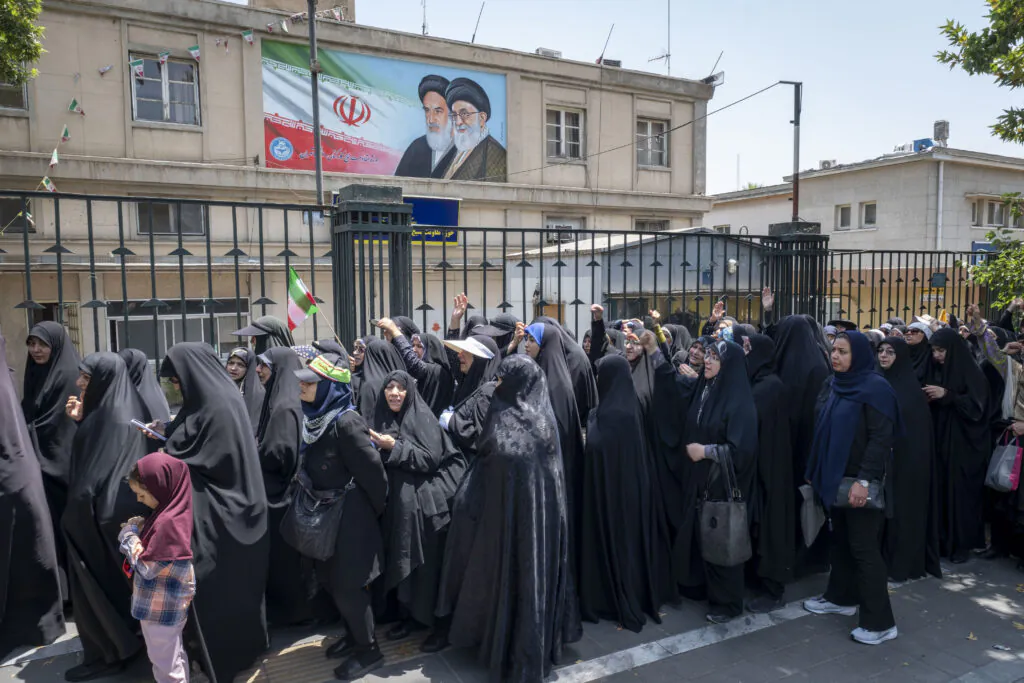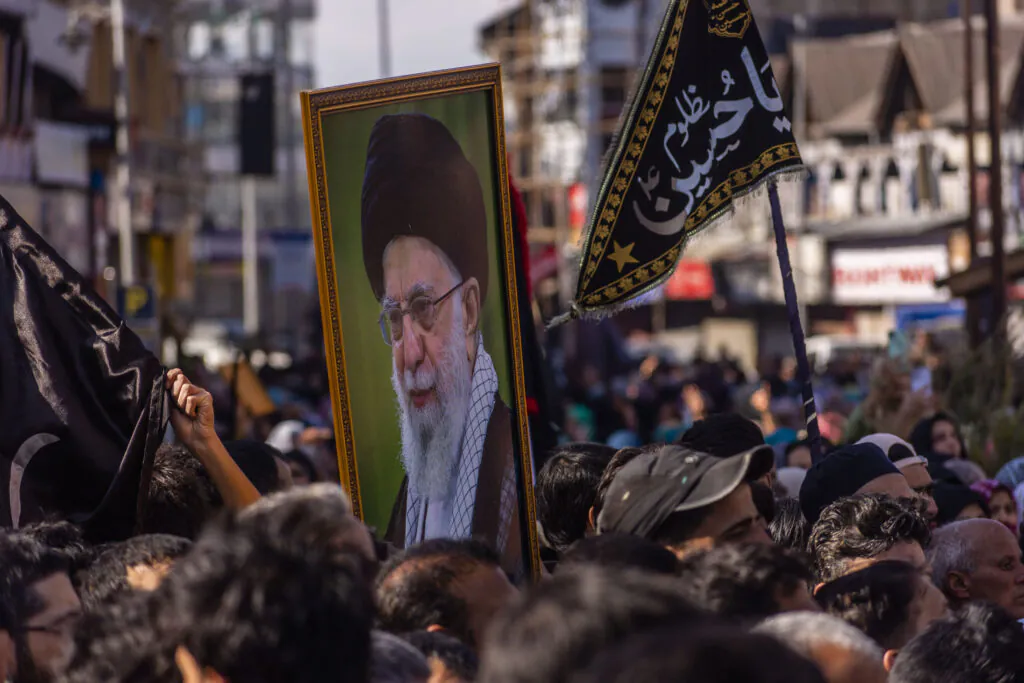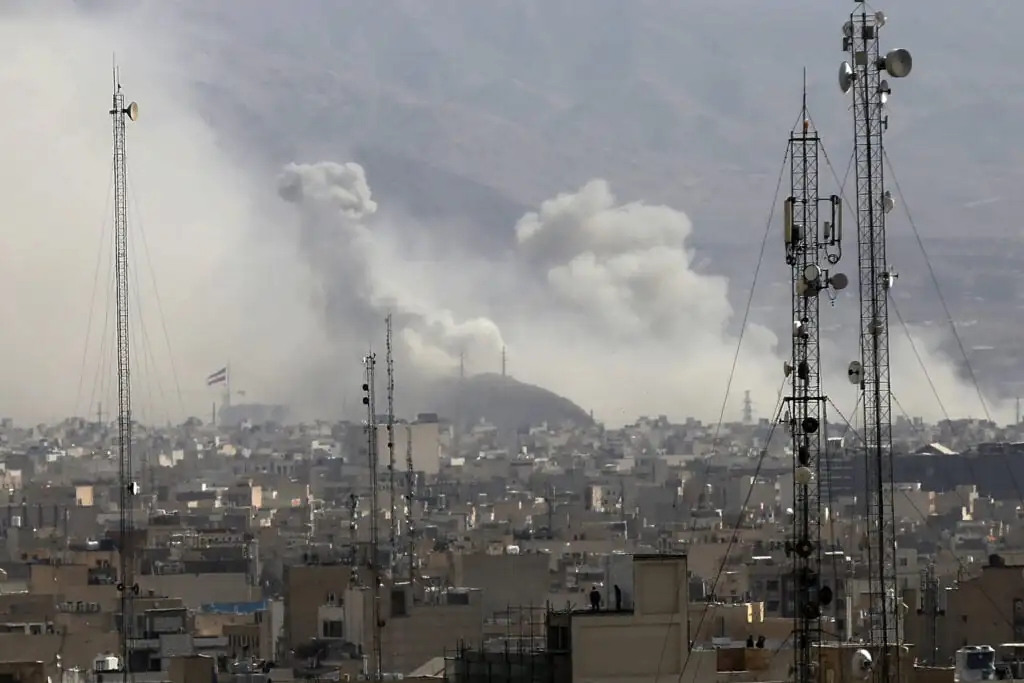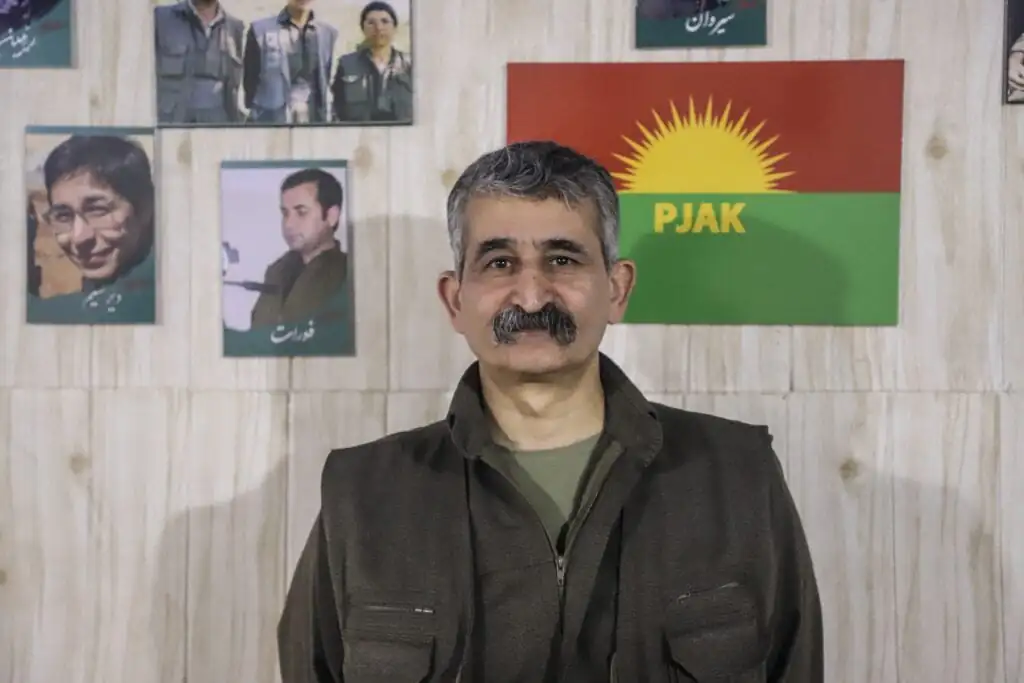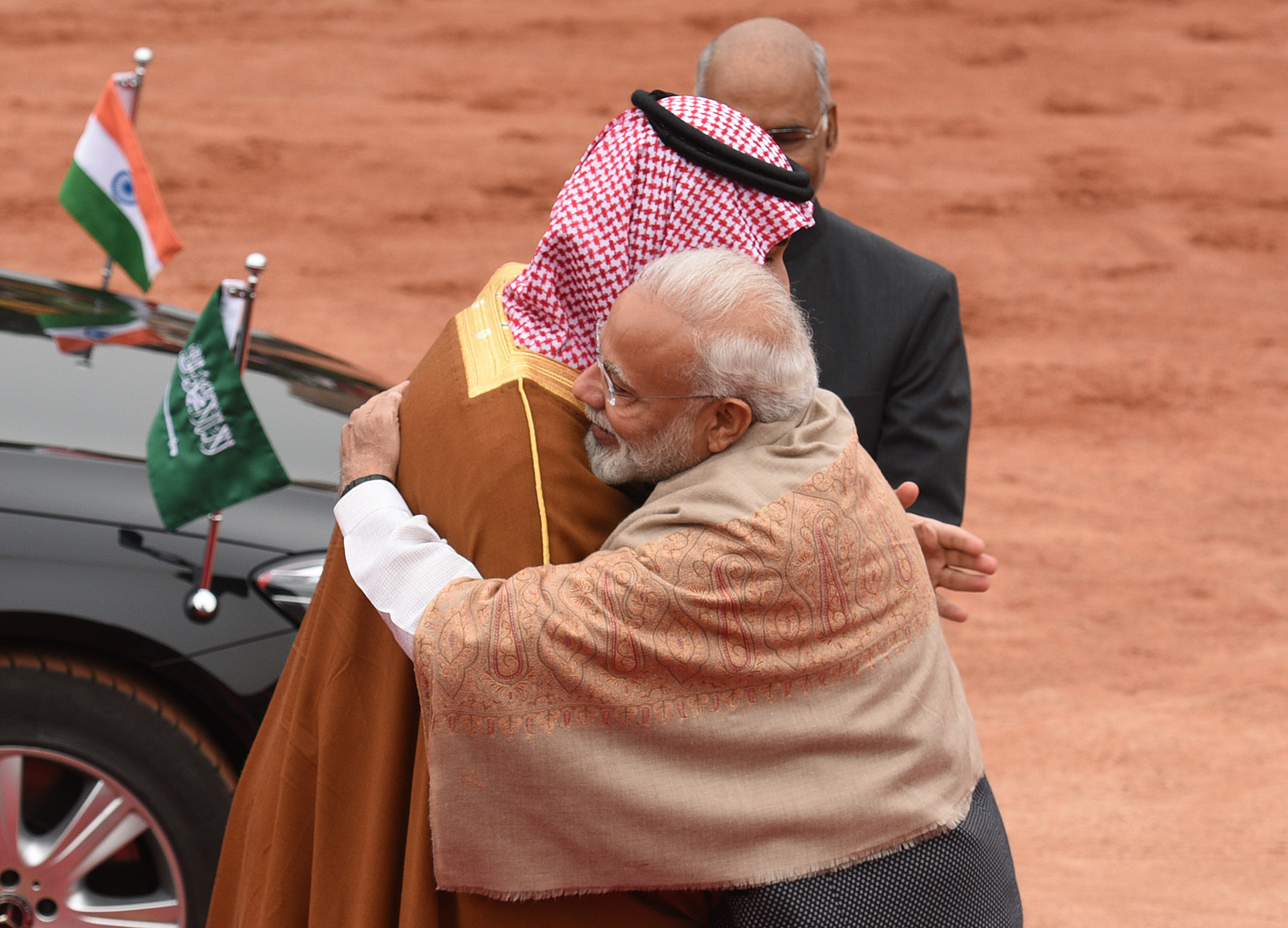
Gulf-India Strategic Engagement: Implications for the United States
In this Policy Report, Dr. Narayanappa outlines the steps that India has taken to improve its relationship with the Gulf countries.
- The Gulf countries and India have enjoyed a symbiotic relationship, anchored in economic ties, for decades. Their recent interactions have extended to political and even security cooperation.
- Although Prime Minister Narendra Modi’s government in New Delhi adheres to a Hindu nationalist agenda, it has worked to expand its ties to the Muslim countries in the Gulf. The Modi government has intensified cooperation efforts with the Gulf countries that began under previous governments, emphasizing India’s non-ideological foreign policy regardless of the political party at the helm.
- For their part, the Gulf countries are diversifying their foreign policy approach with a variety of countries, including India, and linking their economic interests with security imperatives. Several Gulf countries have signed strategic partnerships with New Delhi and are encouraging India – along with Russia, China, and the European Union – to play an important role in the region’s international affairs. This means the current U.S.-centric security architecture in the region could evolve into a collective mechanism in the future.
- India’s sphere of influence has expanded to include the Gulf region. India has signed defense and security agreements with several Gulf countries. Apart from anti-piracy efforts, these include: a defense cooperation deal with Qatar, a maritime pact that provides access to Oman’s Duqm port, joint naval exercises with the United Arab Emirates (UAE) and Saudi Arabia, a counterterrorism arrangement with the UAE, and a commitment to fight terrorism and contribute to regional security. Despite these arrangements, India is aware of its limitations and would prefer collaborative efforts with other influential players in the region rather than a standalone security venture.
- India’s “Think West” policy coincides with the Gulf Cooperation Council (GCC) countries’ exploring alternative strategies amid confusing signals about U.S. commitment and impact in the region. Inevitably, Iran and Pakistan have roles in GCC-India ties, and all of these relationships overlap with U.S. policy interests in South Asia and the Gulf.
The views expressed in this article are those of the author and not an official policy or position of the New Lines Institute.
Footnotes

